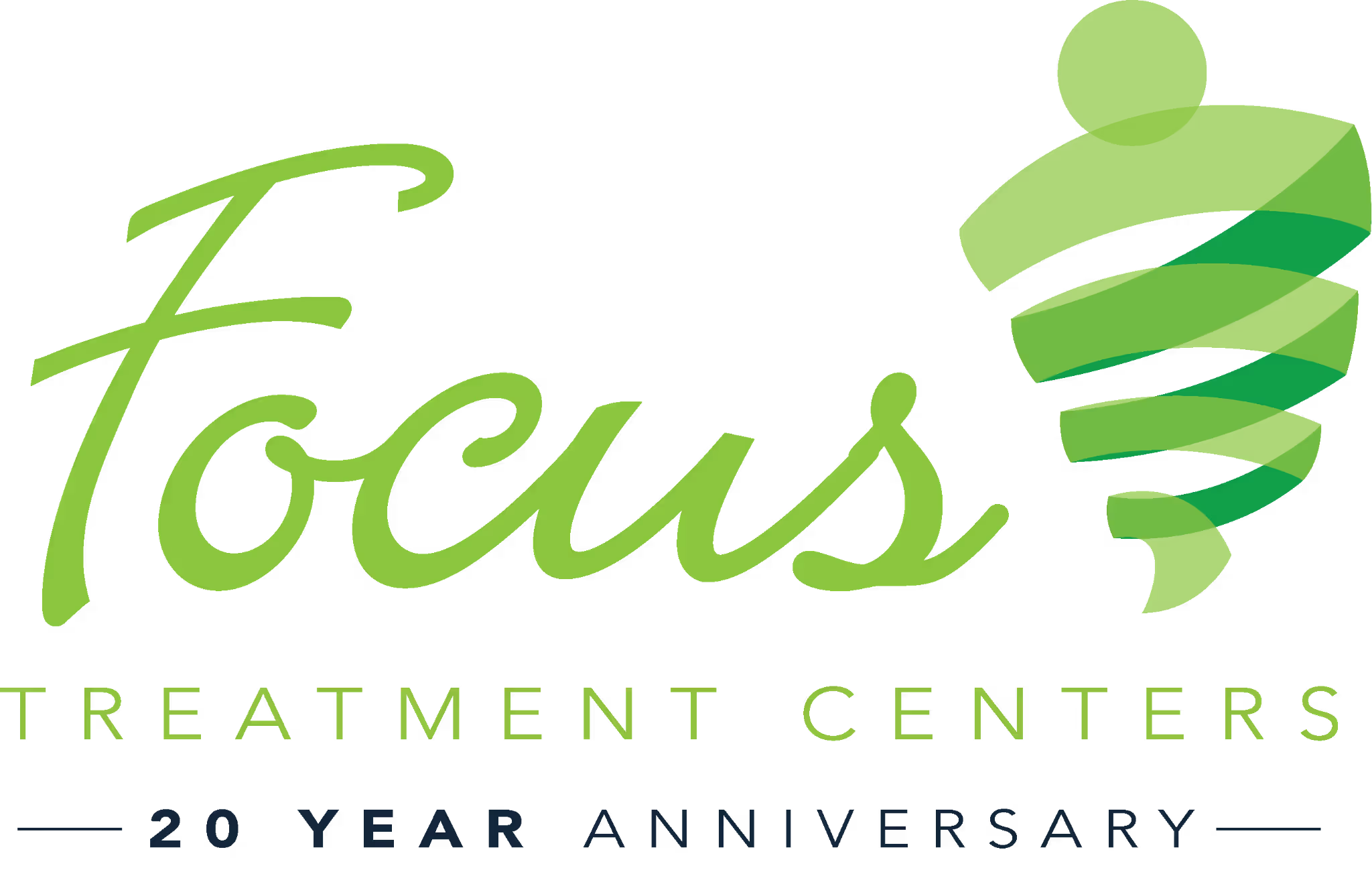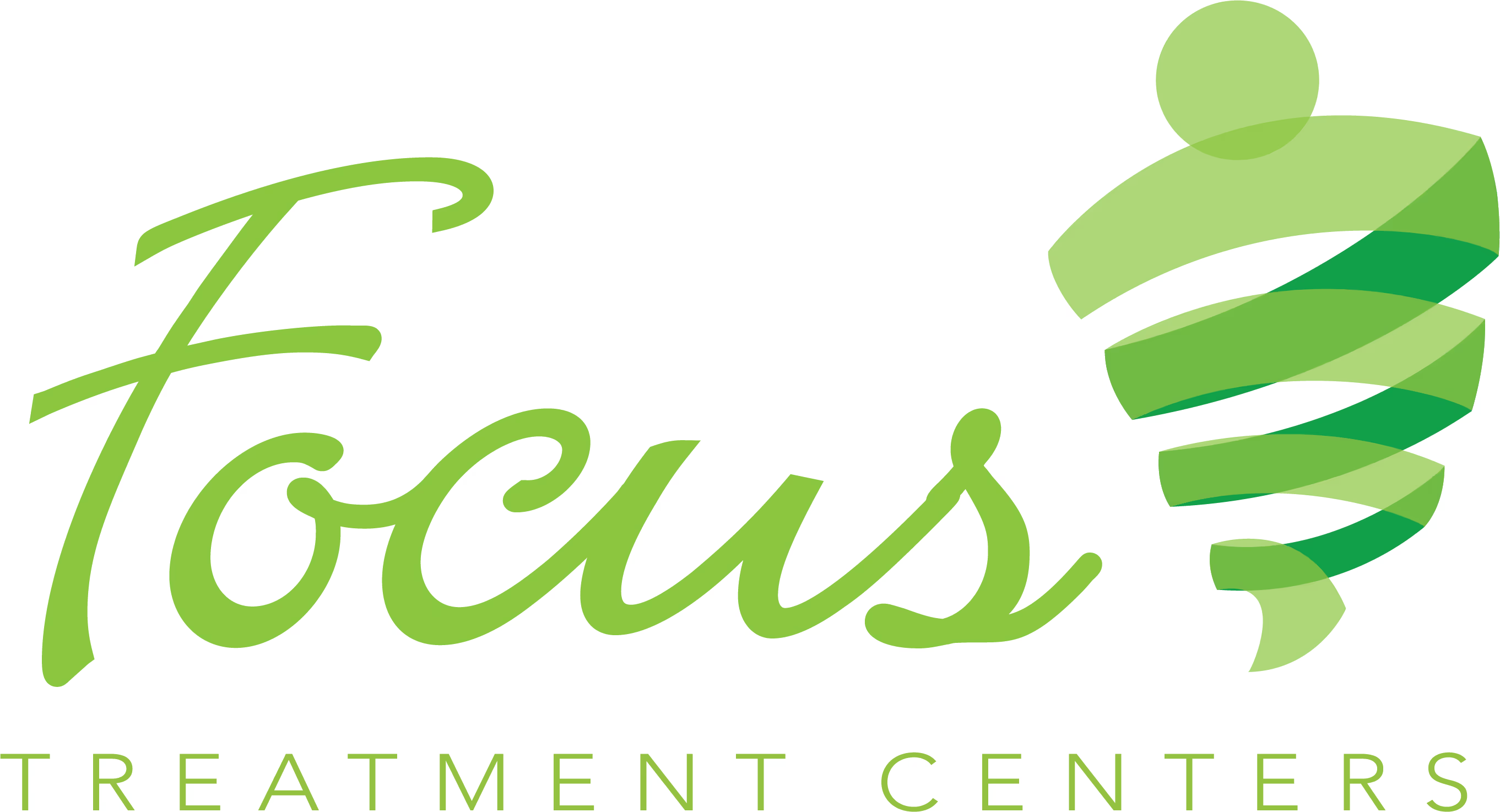September is National Recovery Month. The 2023 message centers around every person, family, and community affected by addiction. If you are considering an intervention for a friend or family member in need of help, you’re not alone.
It’s hard to know what to do when it’s time to stage an intervention. Honestly, knowing what to say is just as important as knowing when and how to say it.
Consider these tips when you’re thinking of having a conversation about drug/alcohol treatment.
Know the Signs of Addiction
As you prepare for an intervention, you may wonder how to confront your loved one. First, know if they exhibit any of these (and other) signs of addiction:
- Physical reactions following gaps in drug/alcohol usage
- Changes in physical appearance (i.e. poor grooming, weight change, impairment)
- Giving up on hobbies, interests, friends, or jobs
- Too focused on the substance, with increasing amounts needed to have an effect
- Personality changes (including mood swings, anxiety, anger, lethargy, and more)
- Hiding things or acting suspiciously
Plan Ahead for the Intervention
When a loved one needs help with substance abuse, knowing your plan is critical. Here’s a general idea of what a successful intervention looks like:
- Assemble a Team: Have a trusted group that’s focused on the health of the individual; involve friends, family, and a professional trained in this area.
- Accumulate and Articulate Info: Have clear details about the addiction, the problem areas, and specific examples of how the behavior has impacted others; write out notes instead of trying to remember it all.
- Assist in Planning: Have a date, time, location, key facts, and consequences for continued behaviors organized and ready.
- Avoid Emotional Responses: Have a meeting that avoids outbursts and accusations.
What You Should (and Should Not!) Say
Talking with someone you love about their drug and alcohol addiction is beyond difficult. Having support for you and your loved one is important, otherwise, approaching this process can weigh down the intervention if not carefully navigated.
Consider these guidelines for your conversation. Remember, the goal of an intervention is for your loved one to get help and start a successful recovery journey.
- Do: Clearly communicate your concern.
- Do: Be open and honest about your feelings.
- Do: Listen and let them express their thoughts about what you are saying.
- Do: Use specific examples of addiction’s impact.
- Don’t: Use overly emotional words.
- Don’t: Let your emotions get out of control.
- Don’t: Cut them off when they respond, as though their words don’t have value.
- Don’t: Use vague statements that leave room for confusion or misunderstanding.
Knowing Where to Turn for Help
When a loved one appears to have the signs of addiction, your help in their recovery can be life-altering. Surrounding them with a team of caring, knowledgeable professionals in a stable environment is a great start. Additionally, individuals often find it helpful to be surrounded with others who understand what they’re going through and can relate to the same struggles. At Focus, many of our team members are walking their own paths of recovery.
Focus Treatment Centers provides a safe, homelike space for healing. Our team of professionals is available 24/7 to offer guidance that is:
- Medically sound
- Compassionate and supportive
- Focused on the patient’s long-term success
- Family-like in both atmosphere and attitude
If a friend or family member requires a drug or alcohol intervention, contact us for more information. You don’t need to feel overwhelmed as you consider what to say. Neither you nor your loved one are alone in the addiction recovery process. We are here to help.














